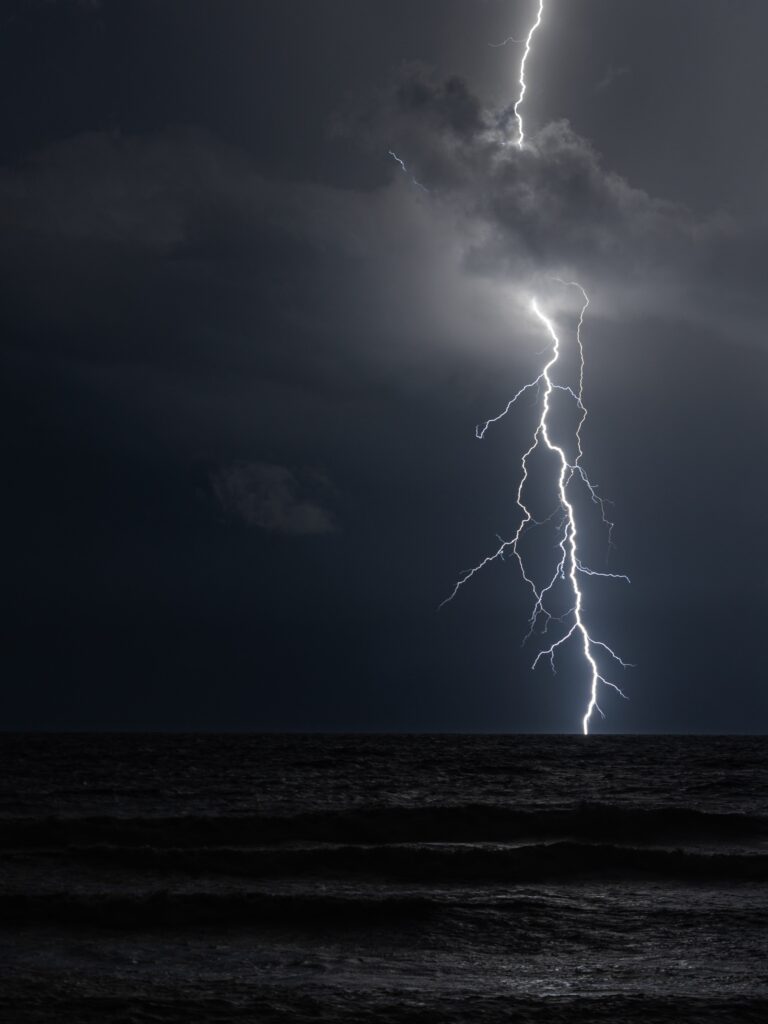
Introduction:
(June 13, 2023) As the Caribbean officially starts the hurricane season, experts from the Caribbean Institute for Meteorology and Hydrology and the Caribbean Disaster Emergency Management Agency gathered virtually on June 1 for the Caribbean Climate Outlook forum. This annual event focused on discussing forecasts and preparations for the region, shedding light on what travelers and locals can expect in the coming months.
Average Atlantic Hurricane Season and Shifting Climate Patterns:
Forecasters anticipate an average Atlantic hurricane season this year, with 12 to 17 named storms, of which five to nine could become hurricanes. The shift from a La Niña pattern to an El Niño trend is expected, which typically increases upper-level winds in the Atlantic and can inhibit hurricane development. While this is encouraging news for the Caribbean, other climate challenges await.
Rising Temperatures and Heat Waves:
Experts predict increased heat waves and hotter nights throughout the Caribbean until November. Heat waves may match or exceed those experienced in 2016 and 2020, with at least 15 days and possibly more than 30 days of intense heat expected. Recently, Puerto Rico experienced a feel-like temperature of 125 degrees, highlighting the severity of the heat. Visitors and residents should take precautions to stay cool and hydrated.
Intense Rainfall and Flash Flooding:
Higher-than-average ocean temperatures and humidity levels create favorable conditions for increased precipitation. Until August, regions including the Bahamas, Barbados, the Greater Antilles, the U.S. Virgin Islands, and the Windward Islands have a high potential for heavy rains and flash flooding. Flash flooding is a significant hazard that demands close monitoring and preparedness.
Impacts on Tourism and Infrastructure:
Tourism stakeholders, including the hospitality sector, must closely monitor weather advisories and prepare for potential disruptions to travel and infrastructure. During the peak of hurricane season (September to November), there is a possibility of airline schedule disruptions and impacts on tourism infrastructure, such as airports, roads, and bridges, due to hurricanes or excessive rainfall triggering flash floods and mudslides.
Ecological Impact and Reef Conservation:
While increased rainfall may enhance the ecotourism experience by creating lush rainforests, rising sea temperatures significantly threaten coral reefs. The chairman of the Caribbean Tourism Organization highlighted the likelihood of coral reef bleaching due to warming seas. Some islands are taking proactive measures to counter reef damage, such as reforestation efforts and coral farming projects. However, the challenges faced by these delicate ecosystems are substantial.
Conclusion:
As the Caribbean enters the hurricane season, travelers and locals must remain aware of the climate’s outlook and potential impacts. With the forecast of heat waves, intense rainfall, and possible travel and tourism infrastructure disruptions, it is crucial to stay informed and prepared. Travelers should closely monitor weather advisories and consider adjusting their plans accordingly. The tourism sector should also prioritize cooling and hydration needs while efforts to protect and restore coral reefs continue. By taking proactive measures and staying vigilant, everyone can navigate this challenging season in the Caribbean more effectively.